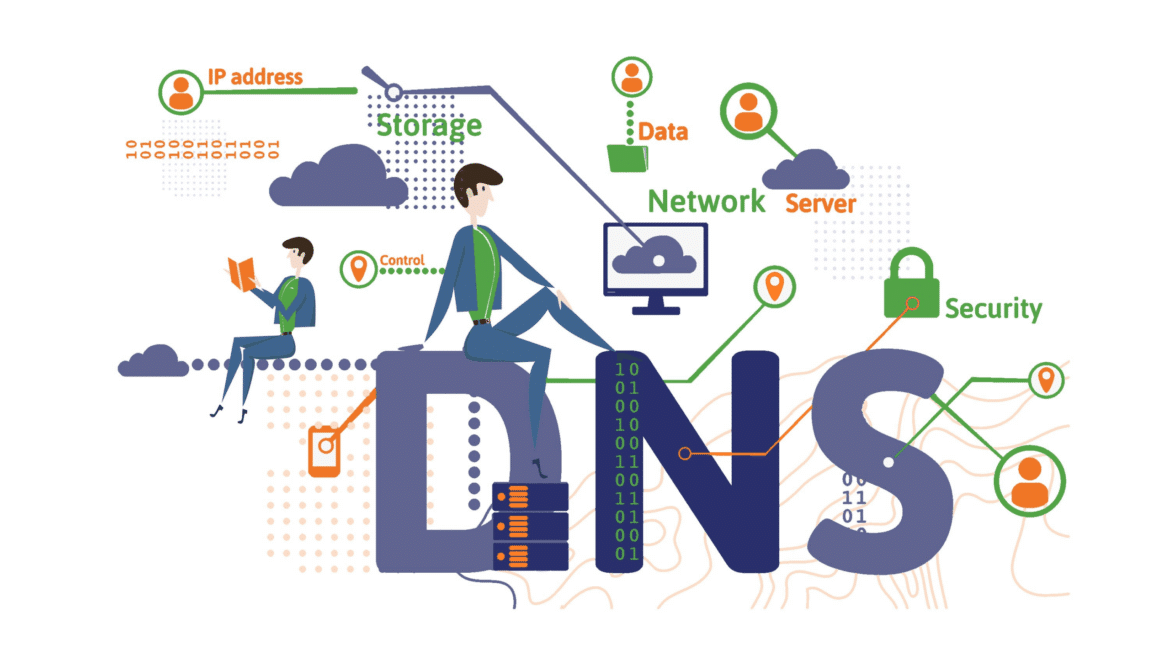501
You will come across the term DNS when you are dealing with the basic structure of the internet or networks, for example.
What DNS means: It is necessary for this
The Domain Name System, or DNS for short, is an essential part of the internet. It serves as a kind of “phone book” that is used to assign IP addresses to computers. The computers in turn need it to communicate with each other.
- Without DNS, the internet would be unusable for most users, as they would have to remember complex strings of numbers in the form of IP addresses instead of simple domain names.
- However, to actually find the website, the browser needs the IP address. This is where DNS comes in.
- DNS is a system that converts Internet addresses or computer names into IP addresses and vice versa.
- If you now enter www.chip.de into your browser, a request for the IP address is sent to the DNS server. For private individuals, this is usually located at the associated Internet provider. The DNS server then returns the IP address.
- If a DNS server is unable to find a name or IP address, it asks another DNS server. There are numerous DNS servers all over the world, all networked with each other and constantly informing each other of any changes.
- The DNS is therefore responsible for and necessary to enable us to access websites via Internet addresses or IP addresses.
- By the way : In biology, DNS is also the German term for the carrier of genetic information – DNA.
DNS: Faster loading times and internet security
DNS now also plays an important role in terms of internet security and performance.
- On the one hand, so-called caching shortens the loading time of websites. This means that you can access a website more quickly and don’t have to wait forever for it to load.
- To do this, DNS resolvers store frequently visited domains in a local cache. This means that they do not have to perform the complete DNS lookup every time, which significantly improves performance. However, you should still occasionally clear your cache.
- In terms of internet security, there are now several methods that attackers can use to redirect you to fake websites. These include DNS manipulations such as DNS spoofing or hijacking.
- To prevent this abuse, DNSSEC (DNS Security Extensions) was developed, which provides an additional layer of security by digitally signing DNS records, ensuring the authenticity of the information.

